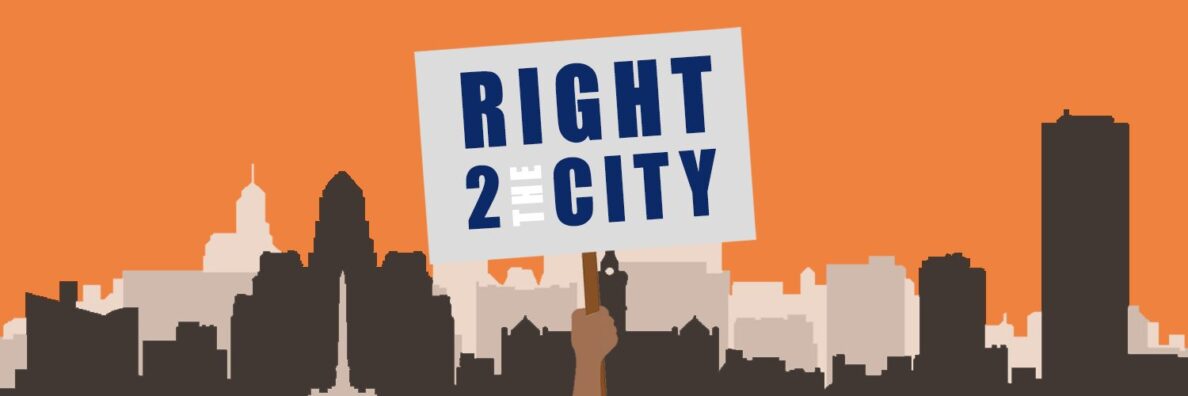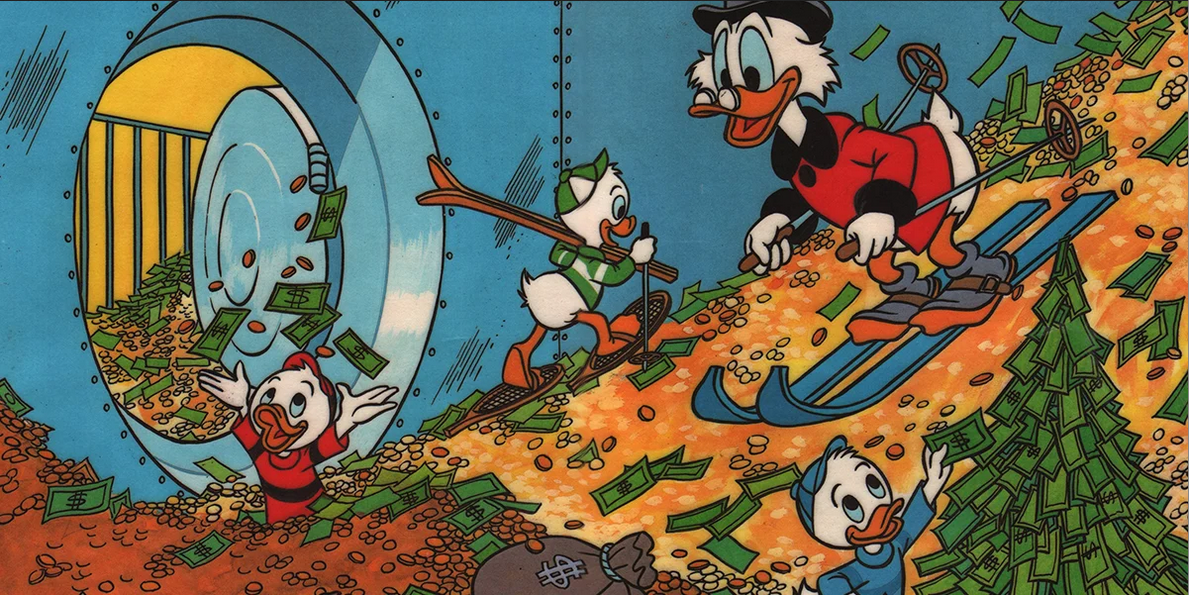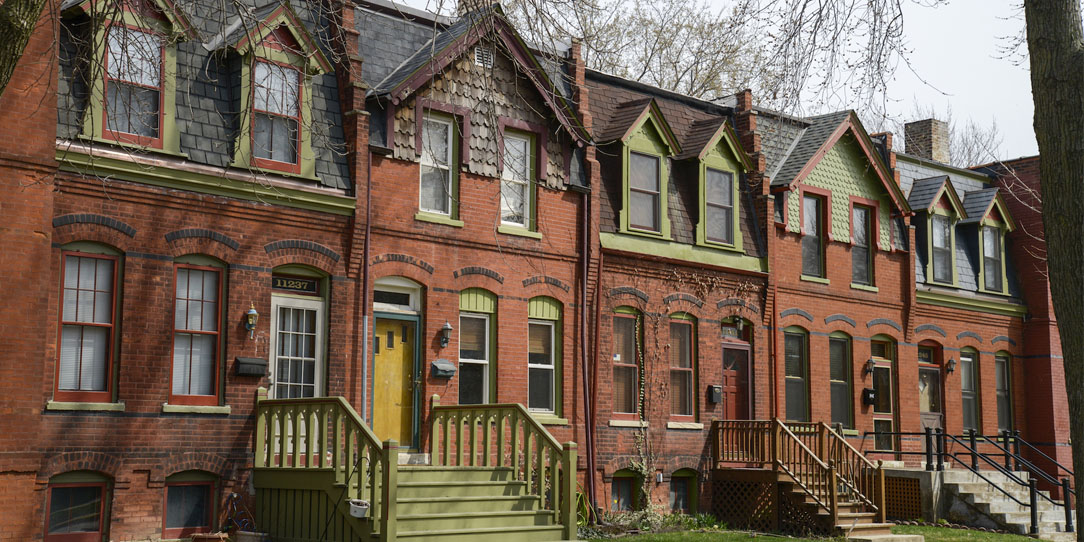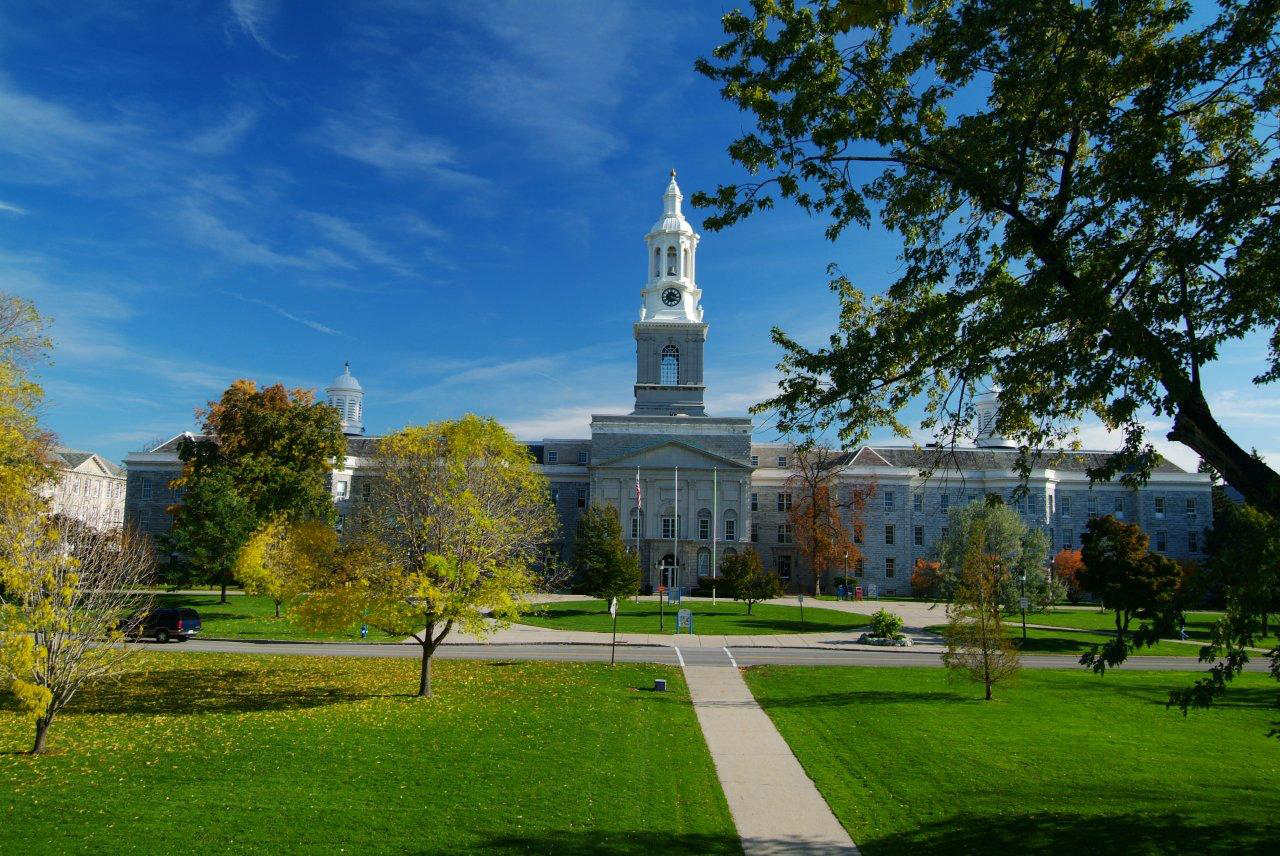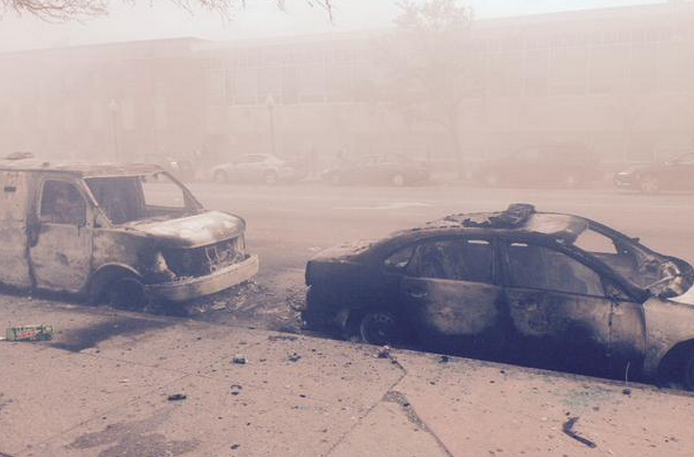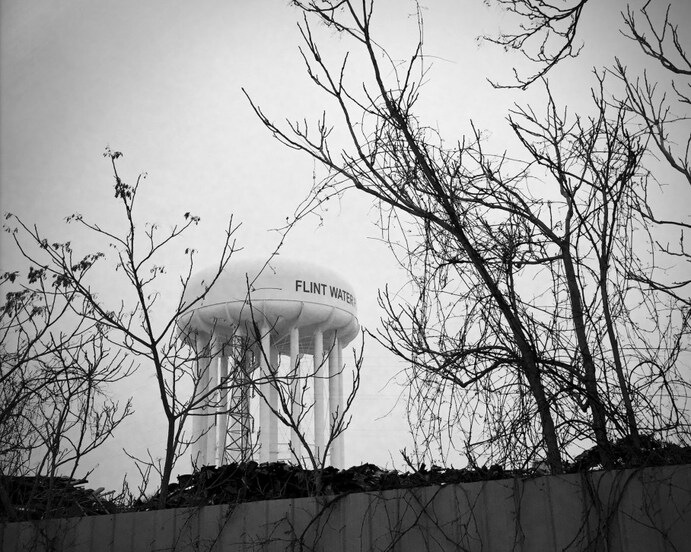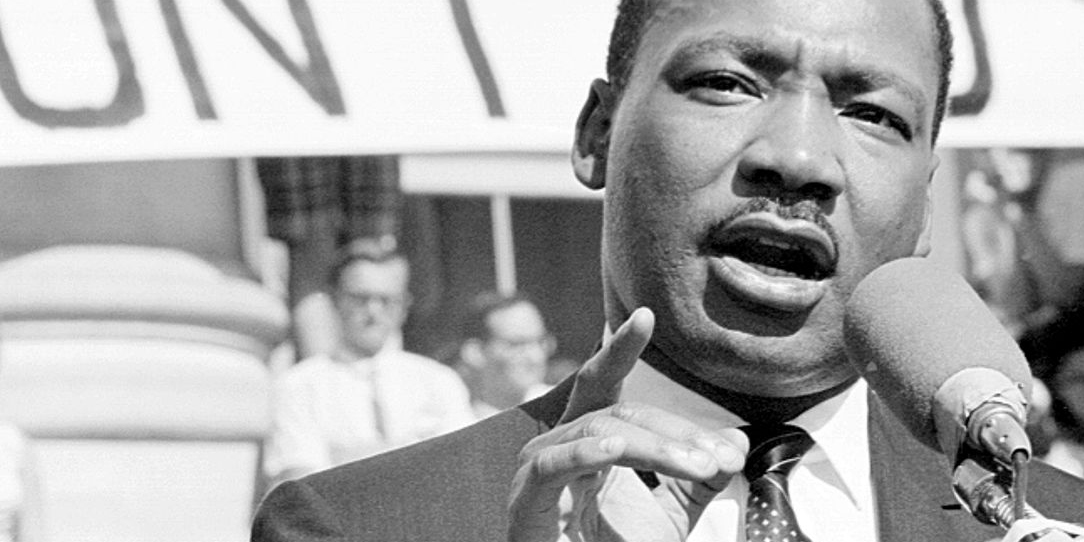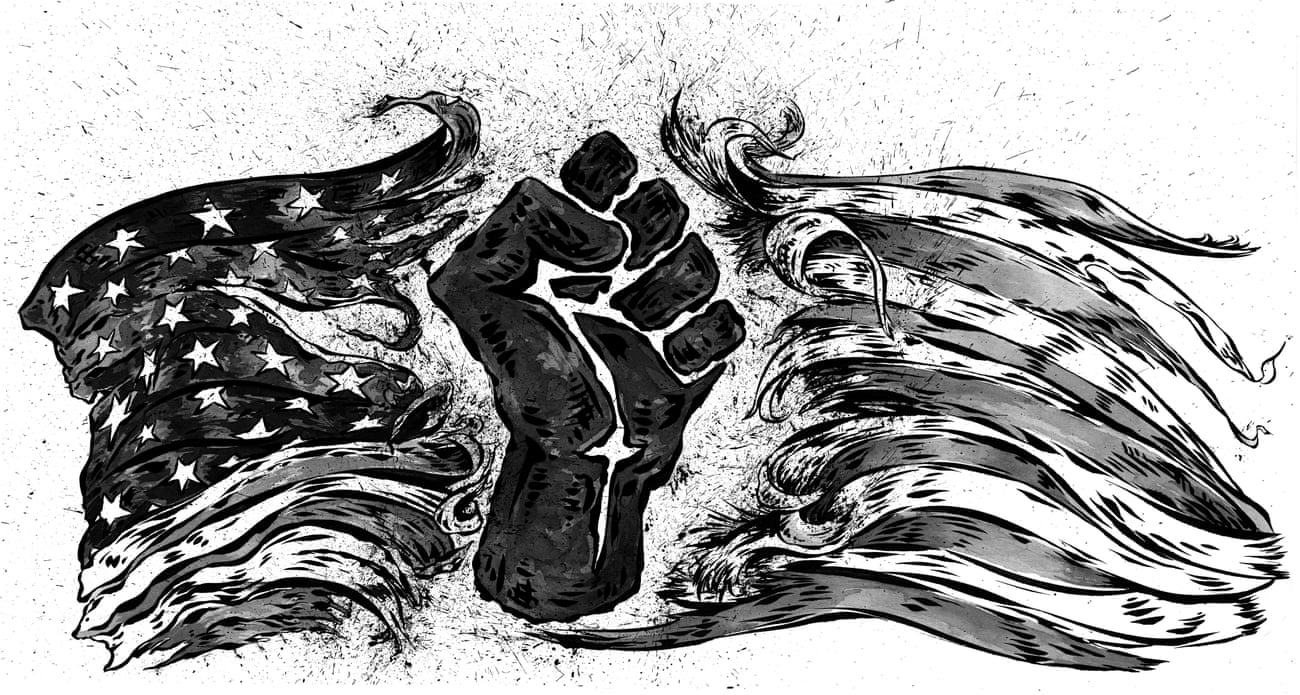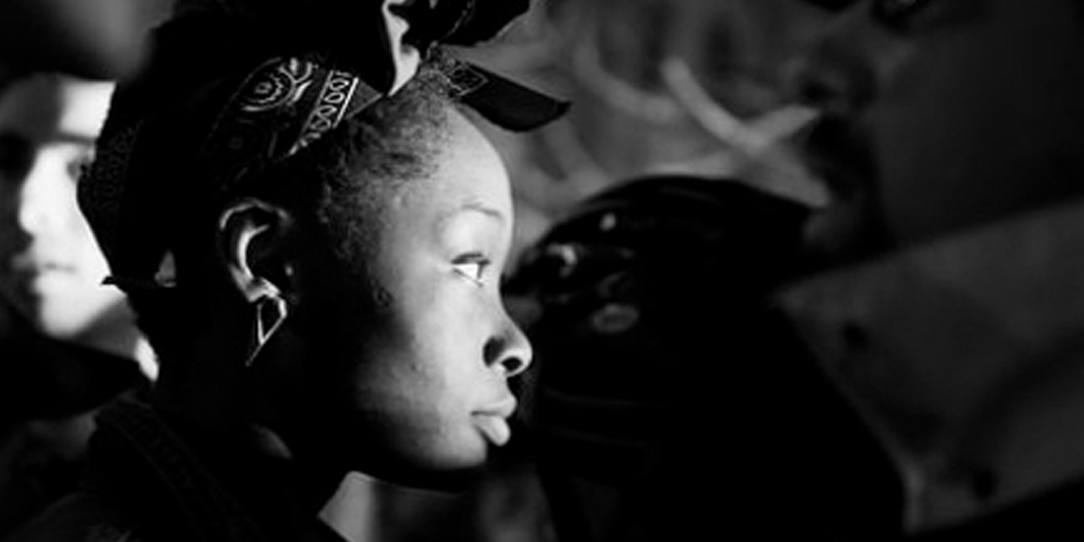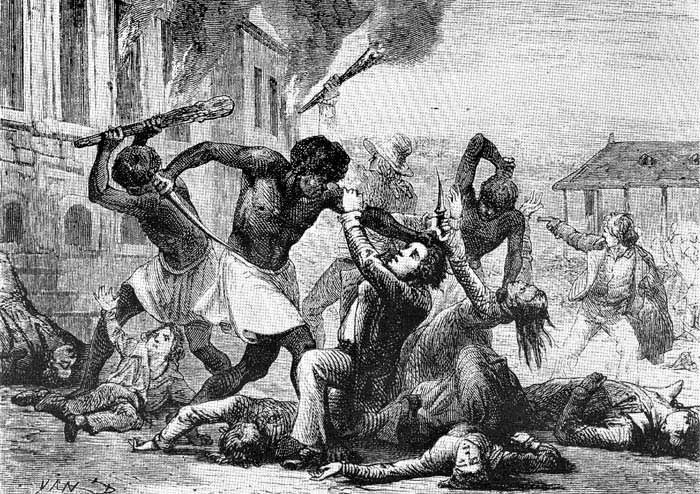The CARES Act is Bi-Partisan Voodoo Economics at its Finest
By Ian Stern
“The ideology of the primacy of the market is oozing from this stimulus package and the rhetoric being used by Republicans. The proposed stimulus only proves Dr. Martin Luther King Jr.’s words true, ‘We have socialism for the rich, rugged individualism for the poor.'”
